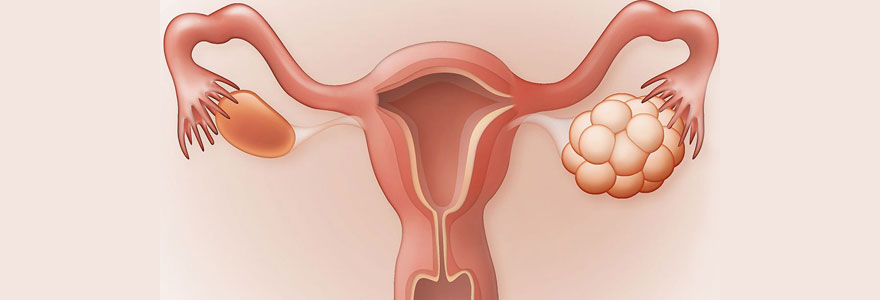PCOD

PCOD stands for Polycystic Ovary Syndrome, which is a common hormonal disorder that affects people with ovaries. It is also known as Polycystic Ovarian Syndrome (PCOS). PCOD is characterized by the presence of small cysts (fluid-filled sacs) on the ovaries.
Some common features and symptoms of PCOD include:
- Irregular Menstrual Cycles: Women with PCOD often experience irregular or infrequent menstrual periods.
- Ovulation Issues: PCOD can lead to anovulation, where the ovaries may not release eggs regularly.
- Hyperandrogenism: Elevated levels of androgens (male hormones) can lead to symptoms such as acne, excessive facial or body hair (hirsutism), and male-pattern baldness.
- Polycystic Ovaries: Enlarged ovaries with small cysts on the outer edges.
- Insulin Resistance: Some individuals with PCOD may have insulin resistance, which can contribute to weight gain and an increased risk of developing type 2 diabetes.
- Metabolic Issues: PCOD is associated with an increased risk of metabolic issues, including obesity and high blood pressure.
- Fertility Challenges: PCOD can affect fertility due to irregular ovulation.
